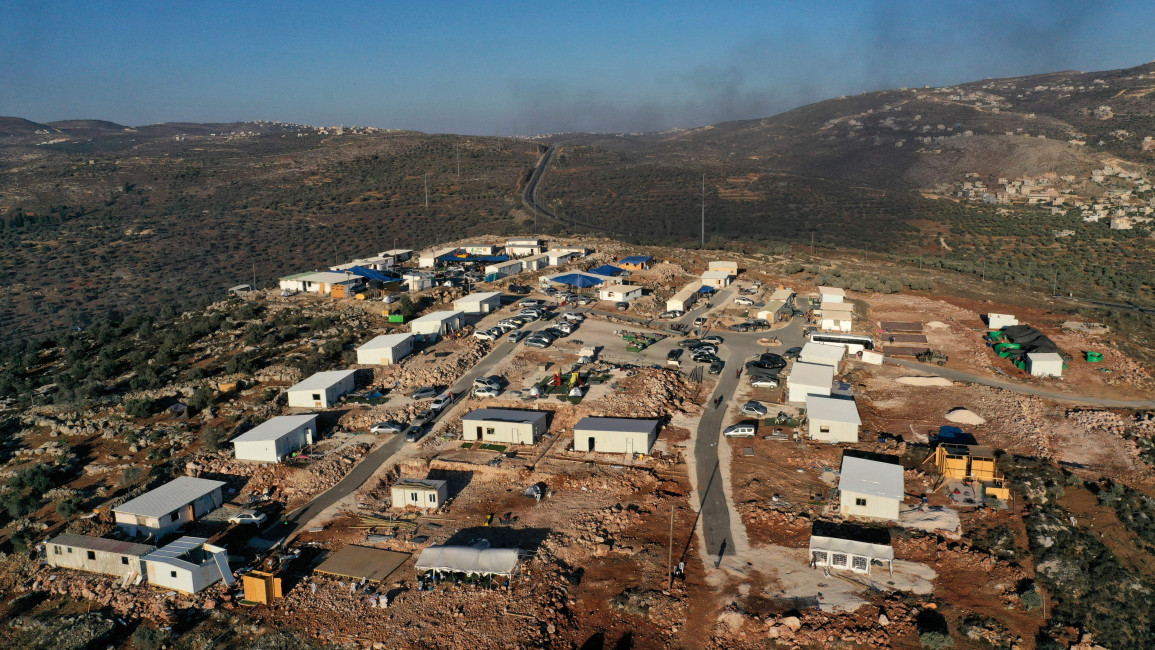Palestinian presidency condemns plan for huge Jerusalem settlement
The Palestinian presidency hit out Thursday at Israel's approval for the construction of a huge settlement on land that once housed a Palestinian airport.
Jerusalem's municipal planning and construction committee last week approved the plan for the settlement, which reportedly includes the construction of about 11,000 housing units and amenities. Activists have warned that the settlement north of Jerusalem would cut the holy city off from the rest of the Palestinian territories.
Nabil Abu Rudeineh, spokesman for Palestinian President Mahmoud Abbas, called Israeli approval of the plan "dangerous" and a violation of international law.
"All forms of Israeli settlement of the lands of the State of Palestine are illegal and unacceptable, and the Jordan Valley is an integral part of the land of the occupied State of Palestine, and an inch of it will not be relinquished at any cost," Abu Rudeineh said.
"Attempts to deceive the international public opinion about settlements, that large settlement projects will not be passed at the present time, are unsuccessful attempts that will not deceive anyone because the settlement and annexation policy is taking place in full swing in clear defiance of the administration’s policy."
The plan also includes the transformation of the main terminal at the abandoned Jerusalem Airport into a "tourist facility".
Among the plan's strongest backers are Jerusalem mayor Moshe Leon and Israeli housing minister Zeev Elkin.
The settlement plan was drawn up several years ago, but was frozen on more than one occasion due to international political pressure, that rejected settlement activity in the Palestinian territories occupied in 1967.
Abu Rudeineh called on the United States to take a firm stance against Israel's settlement plans.



